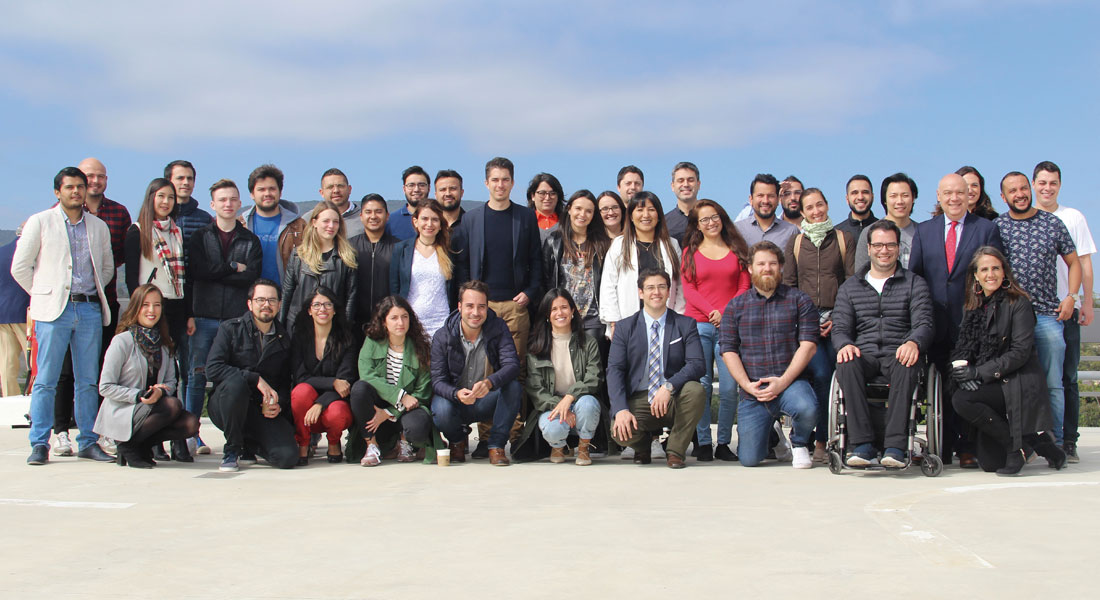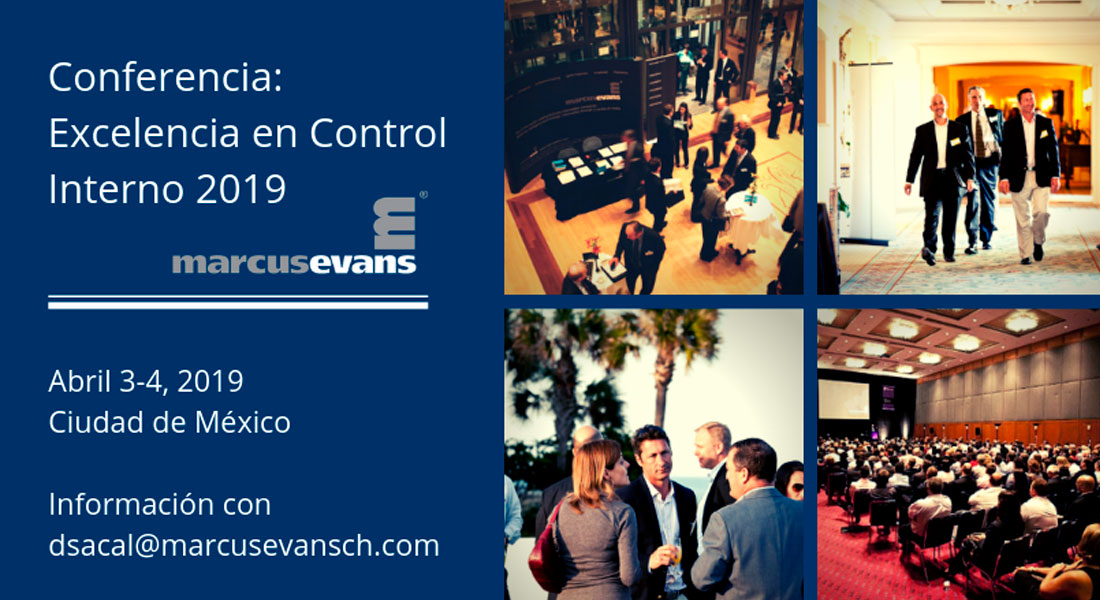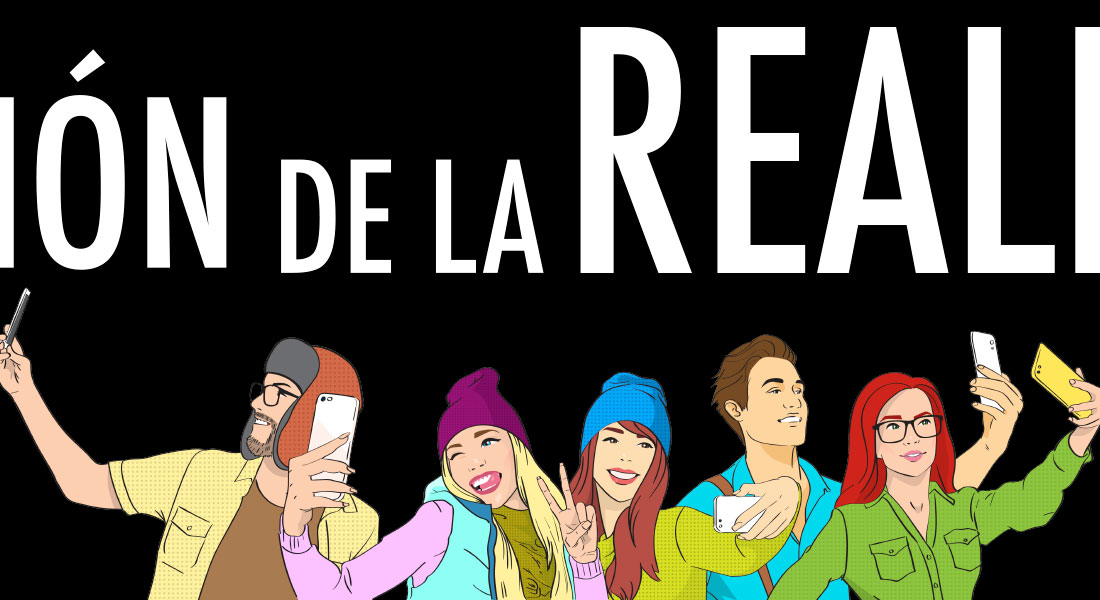


“Polarized”. It’s a word we hear constantly. Society is polarized, politics are polarized, debates are polarized; the world itself seems to become more polarized. In the context of most current social debates, this means that the divides between opposing opinions, tendencies, or “sides” of things – be it the divide between the political left and the political right, or between higher and lower socioeconomic classes – are not only becoming stronger, but it also means that people nowadays seem to become more extreme in their opinions, gravitating more strongly towards the “poles” of certain issues while leaving less moderate ones in the center. Finding “moderates” on certain issues seems to be getting harder every day. In Mexico, the USA, and many parts of Europe, people on both the left- and right-wings of the political spectrum seem to be getting much more strongly left- or right-wing than they would probably have been twenty years ago. Not only that, but also, the perception that the opposing side is stronger and more threatening than ever, seems prevalent on both groups. How can it be true that “both sides are winning”, in so many of our current sociopolitical debates?... Also, why don’t the opposing sides seem to even listen to each other?
As I have written on other columns, I also believe that modern history follows a “pendular” –pattern of events. Human beings tend to gravitate to opposing tendencies once things have reached a certain “peak”: this applies to, for example, periods of more religiosity followed by periods of secularism followed by periods of religious revival; or periods of liberalism that tend to follow periods of conservatism and vice-versa. In part, this has always been the case and is explained by human nature: no matter how good or bad our societies are doing, we tend to focus on the negatives and seek radical change by opposition. It’s generational, too. Children often seek to be opposed to their parents in at least some issues: therefore, if my father is a strict conservative, I might rather become a liberal; if my mother was a radical feminist then I may adopt more traditional views on gender. As someone once said; we are more the children of our times than the children of our parents. So we have these two tendencies coexisting today: polarization and pendularity. Why?
All of this would seem extra puzzling now that we have the Internet, in the so-called “information era”. Especially if we consider that Big Info now exists along with the most baffling conspiracy theories, as well as some downright worrisome anti-scientific tendencies, and a new wave of scorn for intellectuals and experts. In the information era, millions of people are now becoming anti-vaccine and flat-earthers. How can this be?... How did this happen now that we have open access to practically all the information and knowledge and expertise that we have ever produced?
I believe that in order to understand this, we must remember two or three key features of human nature. These features are an innate part of our psychology, and it is in our interest to understand them, in order to build a society where we are actually listening to each other. We tend towards categorization and “groupism”, that is: we are naturally tribal and prefer to be around people who think like us. We instinctively fear “the other”. Before the internet, we were – sometimes – a bit forced to at least see the other but social media allows us to instantly block whoever doesn’t agree with us; in our belief that if they think differently they must be either stupid or evil, and that’s that. We become voluntarily isolated in what experts call our “echo chambers”, bubbles; where we only listen to people who think exactly like us. We actively refuse to listen to “the other”. We are not taught to debate in schools: not taught that disagreement does not mean hatred or anger; nor that our diversity of thoughts and experiences are perfectly normal. If this is truly to be “the information era”, we would be better served by learning – and teaching – how to debate and how to listen, and to be aware of our own tendency towards ideological tribalism.









